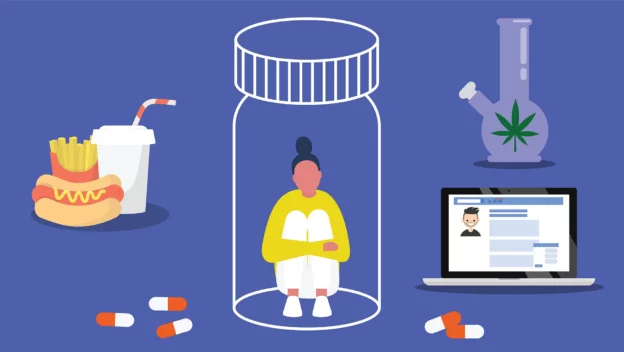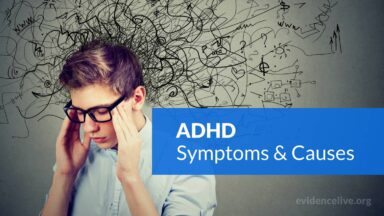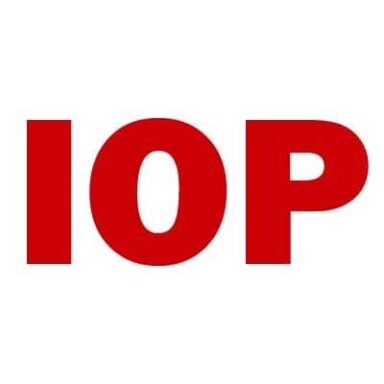Is there a Connection Between ADHD and Addiction?
Understanding ADHD and Addiction goes a long way in the treatment process. There’s obviously a strong link between ADHD and addiction. It is estimated that as much as 25% of those who are diagnosed with Substance Use Disorders also fit the criteria for a diagnosis of ADHD.
Centered Recovery provides mindfulness-based addiction treatment to clients in the Alpharetta area, many of whom are also diagnosed with ADHD. But there are a lot of misconceptions around these disorders, so here are some facts to help you understand ADHD, Addiction, and the links between the two.
What is ADHD (Attention Deficit Hyperactivity Disorder)?
Attention Deficit Hyperactivity Disorder, otherwise known as ADHD. It is defined in the DSM-5 as a neurological disorder that is characterized by hyperactivity, impulsivity, and the inability to maintain focus. These symptoms can all interfere with everyday functions as well as child development if left untreated. Those diagnosed with ADHD struggle to produce sufficient amounts of neurotransmitters such as dopamine and norepinephrine.
Common ADHD Symptoms include:
- Inability to focus
- Impulsivity
- Difficulty completing tasks
- Forgetfulness
- Restlessness
- Talking excessively
Vulnerable to Addiction
ADHD and addiction play a part together in affect mental health. This deficiency of dopamine in the brain can make one more vulnerable to addiction. Drugs can provide a quick fix which makes it harder to engage in more productive coping skills due to the absence of impulse control. This, as well as the short burst of dopamine that is received through certain drugs, balances out the instability of neurotransmitters temporarily.
This often leads to abuse as the user begins to chase that short term chemical balance. Understanding the link between ADHD and addiction can help clients better understand their substance use to help them gain sobriety from substances that may be harmful.
Managing ADHD Symptoms with Substances
Several studies conducted by Harvard Medical School have shown some astounding results. A majority of young adults that abuse substances were not using them for recreational purposes. They were used for the following.
- to sleep
- improve their mood
- handle social settings
For those who are not seeking medical treatment for ADHD or are undiagnosed, the use of substances such as alcohol and marijuana often serve as a form of self-medication. Our IOP drug rehabs Atlanta team sees this everyday. Indiviuals will try to compensate for the lack of production of dopamine. Again, understanding ADHD and Addiction links may help illuminate a path to recovery for many.
The hyperactive tendencies that come with having ADHD may make substances more appealing. This is because of a short-term boost of focus and slow down mental processes. Boredom and restlessness, a telltale sign of ADHD. This also leads to increased impulsivity and willingness to try new things that are adrenaline inducing.
Marijuana has been noted as the most commonly abused substance for those with ADHD and is closely followed by nicotine and alcohol. Marijuana has been reported to induce relaxation and pleasure, which can serve as a short, temporary reprieve from restlessness and hyperactivity; however, the effects of marijuana worsen control over motor movements, impulse control, and the ability to retain attention.
ADHD Medications are not “Gateway Drugs”
ADHD is often treated with stimulants called amphetamines such as Ritalin or Adderall. These are controlled substances that target the central nervous system. they are avoided by many who have ADHD due to the common misconception of them being highly addictive.
There has been no proven correlation between substance abuse and prescription stimulants for ADHD. In fact, according to a 2016 Medicaid study, people who took medication to treat their ADHD were 7.3% less likely to have substance abuse issues growing up rather than those who were not receiving medical treatment. These stimulants work by raising the levels of dopamine at a proper pace in order to increase the ability to maintain focus.
Unlike other stimulants such as cocaine, ADHD medication takes more time for the effects to be noticeable, whereas the former is felt within seconds and is short acting. The sudden spike in dopamine is what creates a potential for drug abuse. These medications are also at a significantly lower dosage and are long acting by slowly raising the levels of dopamine over the span of a couple of hours.
Understanding ADHD and Addiction Medication Assisted Treatment
Non-stimulant medications are also available to treat hyperactivity disorder. These are beneficial for those who do not want to risk the chance of addiction or rare cases of those who grow a tolerance to stimulant medication. These medications can take longer for the effects to kick in, ranging from 24 hours to a week.
Non-stimulants such as guanfacine and clonidine work similarly to stimulants in treating ADHD symptoms such as aggression and impulsivity and are not labeled as controlled substances. Despite this, they do have their own side effects and like all medication must be monitored carefully throughout the first three to six weeks of intake. These non-stimulant medications work by strengthening certain receptors in the brain that target memory retention, focus, and impulse control.
Our Drug Rehabs Marietta, Georgia Teams Treats Addiction and ADHD Together
Our drug rehabs Marietta, Georgia team has the experience and education to deal with ADHD problems. They understand that having ADHD does make a person more prone to addiction. However it does not necessarily guarantee that they will have a substance abuse issue in their future.
For those who have self-medicated in the past and are concerned about the physical dependency of ADHD medication, non-stimulant medication would most likely be beneficial rather than stimulant medication. Mindfulness can help with ADHD and addiction, Centered Recovery provides a holistic, non-12-step alternative approach to recovery in Alpharetta, GA, for clients all over Georgia. Reach out to us at: 1-800-556-2966.
by Sarah Q, psychology student at GSU








